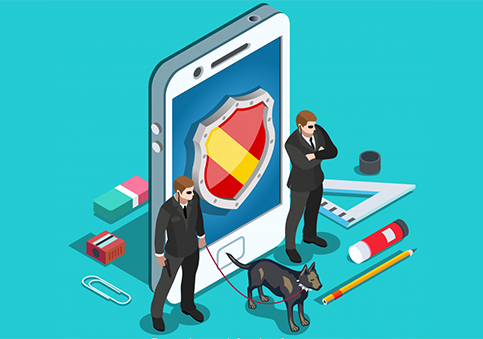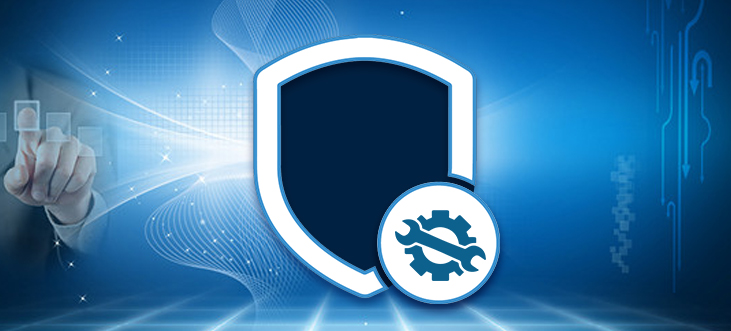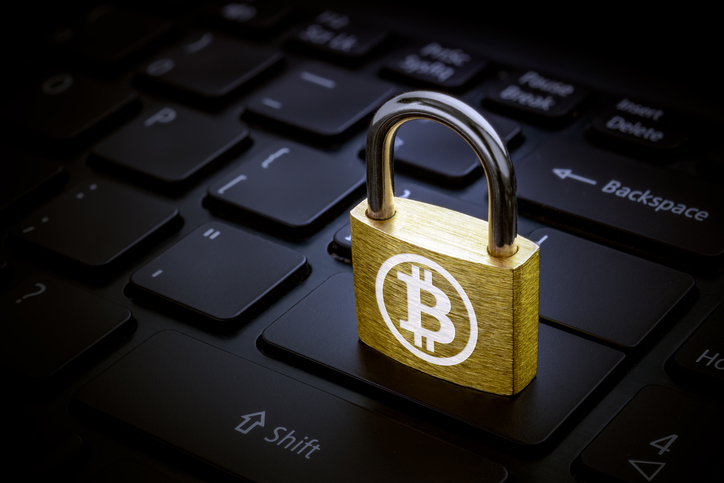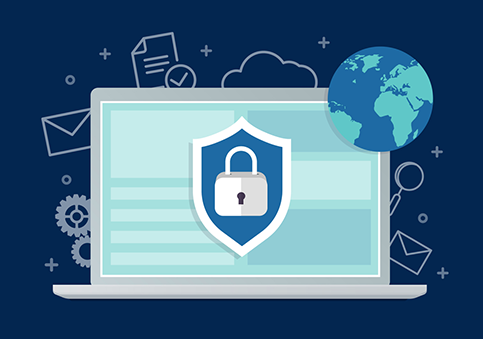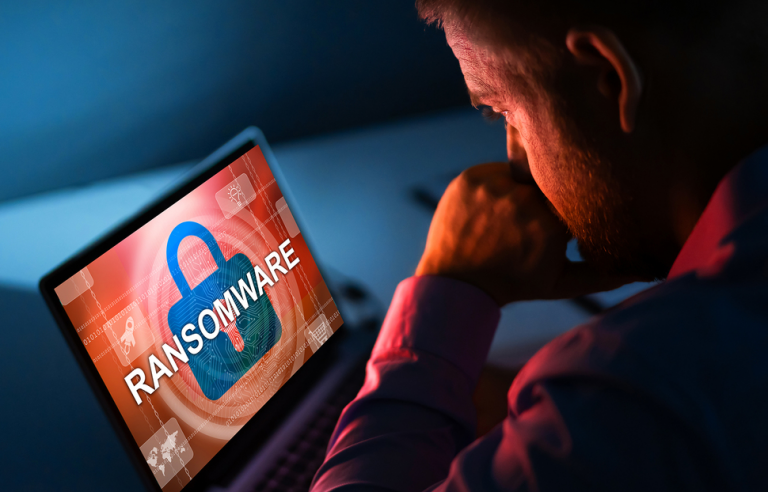CrowdStrike Outage: Why Businesses Are Switching Security Vendors and the Case for Proactive Cybersecurity
Updated on September 23, 2024, by Xcitium
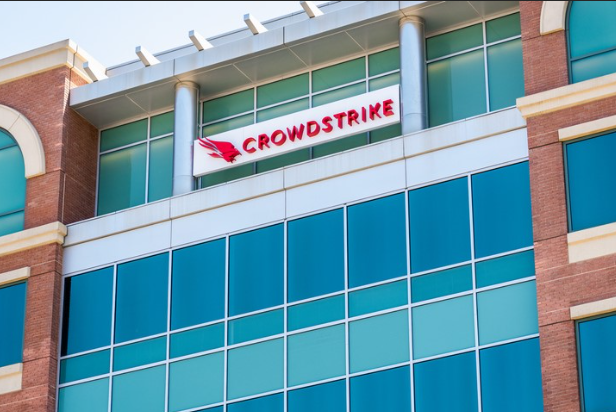
The recent outage experienced by CrowdStrike has sent shockwaves through the cybersecurity industry. As one of the leading providers of endpoint protection, CrowdStrike’s unexpected downtime left many businesses vulnerable, raising serious concerns about reliability, business continuity, and trust in their security infrastructure. This outage is not just an isolated incident; it’s a wake-up call for organizations to reconsider their cybersecurity strategies and explore alternative solutions that prioritize both resilience and proactive threat prevention.
The Impact of the CrowdStrike Outage
For many businesses, cybersecurity is not just a service—it’s a critical component of their operational security and digital infrastructure. The outage at CrowdStrike, a major player in endpoint detection and response (EDR), left numerous businesses exposed, unable to rely on the platform that they trusted to protect their most sensitive data and systems.
Downtime in cybersecurity tools can have far-reaching consequences. From disrupted operations to heightened vulnerability to cyberattacks, even short-lived outages can open the door to malicious actors. For organizations that handle sensitive information or operate in highly regulated industries, an outage of this magnitude can lead to data breaches, regulatory fines, and irreparable reputational damage.
The reality is that businesses cannot afford downtime when it comes to their cybersecurity defenses. The increasing complexity and frequency of cyber threats require solutions that are always available, always secure, and capable of preemptively stopping attacks before they cause harm.
Why Businesses Are Switching Security Vendors
In the wake of the CrowdStrike outage, many businesses are exploring alternative security vendors. The decision to switch is driven by several factors:
- Reliability: Security solutions must be dependable, with minimal downtime and maximum availability. The outage exposed vulnerabilities in CrowdStrike’s infrastructure, leading businesses to seek more reliable solutions that can ensure continuous protection.
- Proactive Defense: Businesses are realizing that reactive cybersecurity solutions are not enough. Instead, they need vendors that offer proactive, prevention-focused approaches that stop threats before they enter the network.
- Business Continuity: For organizations that rely on constant uptime, even a few minutes of downtime can be catastrophic. Companies are prioritizing vendors that offer comprehensive business continuity plans and guarantee high availability in their service-level agreements (SLAs).
- Customer Support: In times of crisis, responsive customer support is essential. Some businesses expressed frustration with delayed communications during the CrowdStrike outage, leading them to look for vendors with more robust support systems.
The Importance of Proactive Cybersecurity
The CrowdStrike outage highlights a broader issue: the need for proactive cybersecurity solutions that prevent threats from causing damage, rather than reacting after an incident has already occurred. In today’s cyber threat landscape, where ransomware, phishing, and sophisticated malware are prevalent, businesses must adopt solutions that focus on containment and prevention.
This is where the Zero Trust model and advanced threat containment technologies come into play. Rather than assuming that entities within the network are safe, Zero Trust requires continuous verification and ensures that no action is taken without proper authentication and authorization. By deploying a containment-first approach, businesses can neutralize threats before they even have a chance to breach critical systems.
What Makes Xcitium Stand Out
Xcitium is leading the charge in proactive cybersecurity with its ZeroDwell Containment technology. Unlike traditional security solutions that rely on detecting and responding to threats after they have entered the network, Xcitium’s technology isolates and neutralizes threats in real-time, preventing them from causing any harm. This containment-first approach ensures that even if a malicious file or program is introduced, it cannot execute or spread within the network.
Built on the principles of Zero Trust, Xcitium’s platform continuously verifies the legitimacy of all access requests and actions within the system. This model is particularly effective in addressing the weaknesses exposed by reactive security solutions. Whether it’s preventing ransomware, malware, or advanced persistent threats (APTs), Xcitium offers businesses the peace of mind that their systems are protected at all times.
Moreover, Xcitium’s robust infrastructure is designed for high availability, ensuring that businesses are never left unprotected. In contrast to the vulnerabilities exposed by the CrowdStrike outage, Xcitium prioritizes uptime and reliability, making it a preferred choice for businesses seeking consistent and dependable cybersecurity.
Conclusion: A Shift Toward Proactive, Reliable Cybersecurity
The CrowdStrike outage serves as a reminder that in the world of cybersecurity, downtime is not an option. Businesses need solutions that not only offer robust protection but also ensure continuous availability. As companies re-evaluate their security vendors in light of this incident, the demand for proactive, containment-based cybersecurity solutions is growing.
Xcitium’s ZeroDwell Containment technology and Zero Trust architecture are leading the way in providing businesses with reliable, always-on protection. By focusing on prevention, containment, and high availability, Xcitium is helping businesses navigate the complex and evolving threat landscape with confidence. As businesses look to switch security vendors, Xcitium stands out as a trusted partner that delivers the proactive defense and reliability they need to stay secure in an increasingly dangerous digital world.



